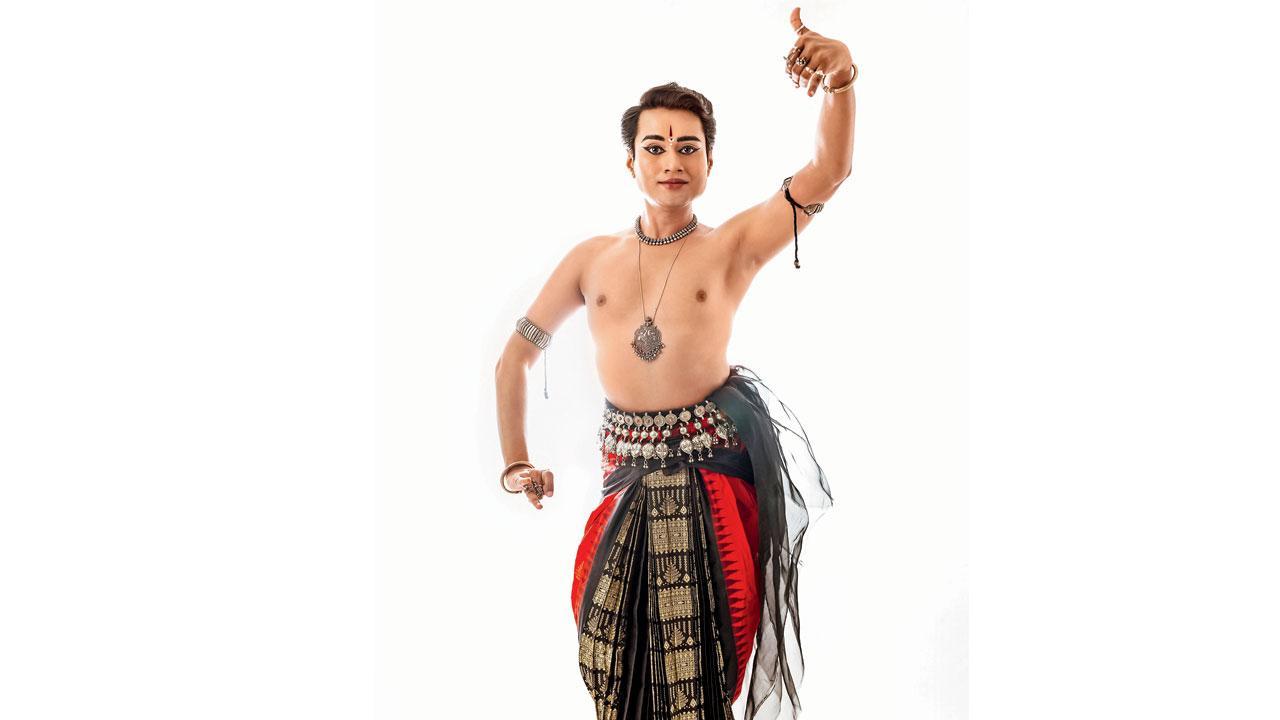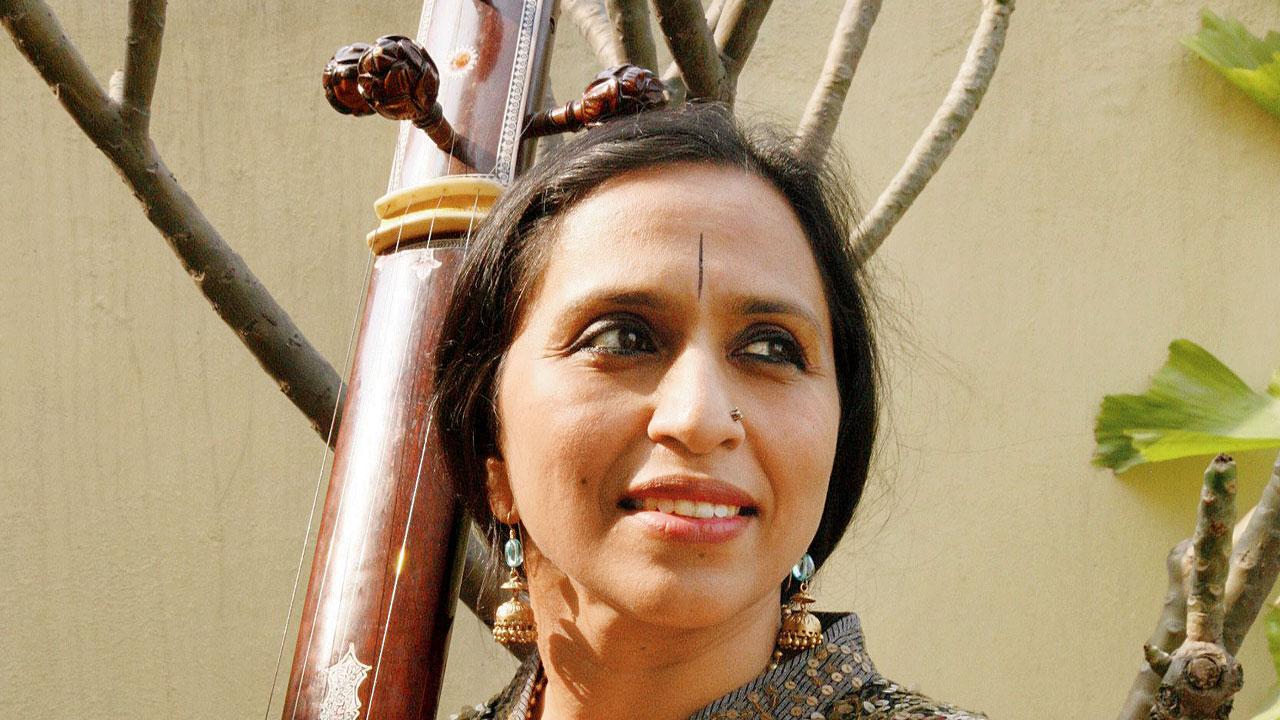A talk delves into the world of music and dance of 20th century India with scholar-performers Vidya Shah and Madhur Gupta

Madhur Gupta
This month, as part of Sarmaya Talks’ immersive sessions themed on culture and heritage, Vidya Shah and Madhur Gupta will showcase their projects that aim to shine a light on the rich legacy of musicians and dancers respectively in India.
ADVERTISEMENT
Carnatic musician Shah has been working, for almost a decade, on building an archive of women who made music in the gramophone era of the early 20th century. Although some of her work is recorded in her book Jalsa: Indian Women and their Journeys from Salon to the Studio, it did not end there. “There were several of these women, who were called Baijis, who became an integral part of the clan,” she says, “This is a subject that has the potential to keep growing. We’re only at the tip [of the iceberg].”

Vidya Shah
Shah spent time reading books at the British Library and its South Asian archives and libraries in India which contained accounts in Hindi and Bengali. She was most excited by personal stories preserved in the homes of the families who were associated with these musicians. Travelling and collecting these stories was important. “For instance, a lot of zamindars in Kolkata would do soirees or mehfils with the Baijis. Their families continue to live there. Then, there are some baadis [Bengali: houses] with walls full of portraits of musicians. They are frozen in time… It’s like you almost touch that world.”
Odissi dancer Madhur Gupta’s work on courtesans of India in his book, Courting Hindustan, is in a similar vein. He digs deeper into the socio-economic and political conditions under which the courtesans had been creating music across centuries and the role they played in shaping the cultural history of the country. Looking at original archives, especially audio and video recordings, and research papers helped him in the process. “The real challenge was to research about courtesans of ancient India because there is no real evidence to go back to, other than the Sanskrit texts and manuscripts,” he reveals.
His talk will explore the political dynamics that these women held in their time, and the effect of questions of morality, most dominantly seen in the colonial era, on them. He will portray some of their emotions through a live performance as well.
ON April 26; 6 pm onwards
AT Joss, 2nd Floor, Rampart Row, 30, K Dubash Marg, Kala Ghoda, Fort.
LOG ON TO @sarmaya_india (to register)
 Subscribe today by clicking the link and stay updated with the latest news!" Click here!
Subscribe today by clicking the link and stay updated with the latest news!" Click here!







